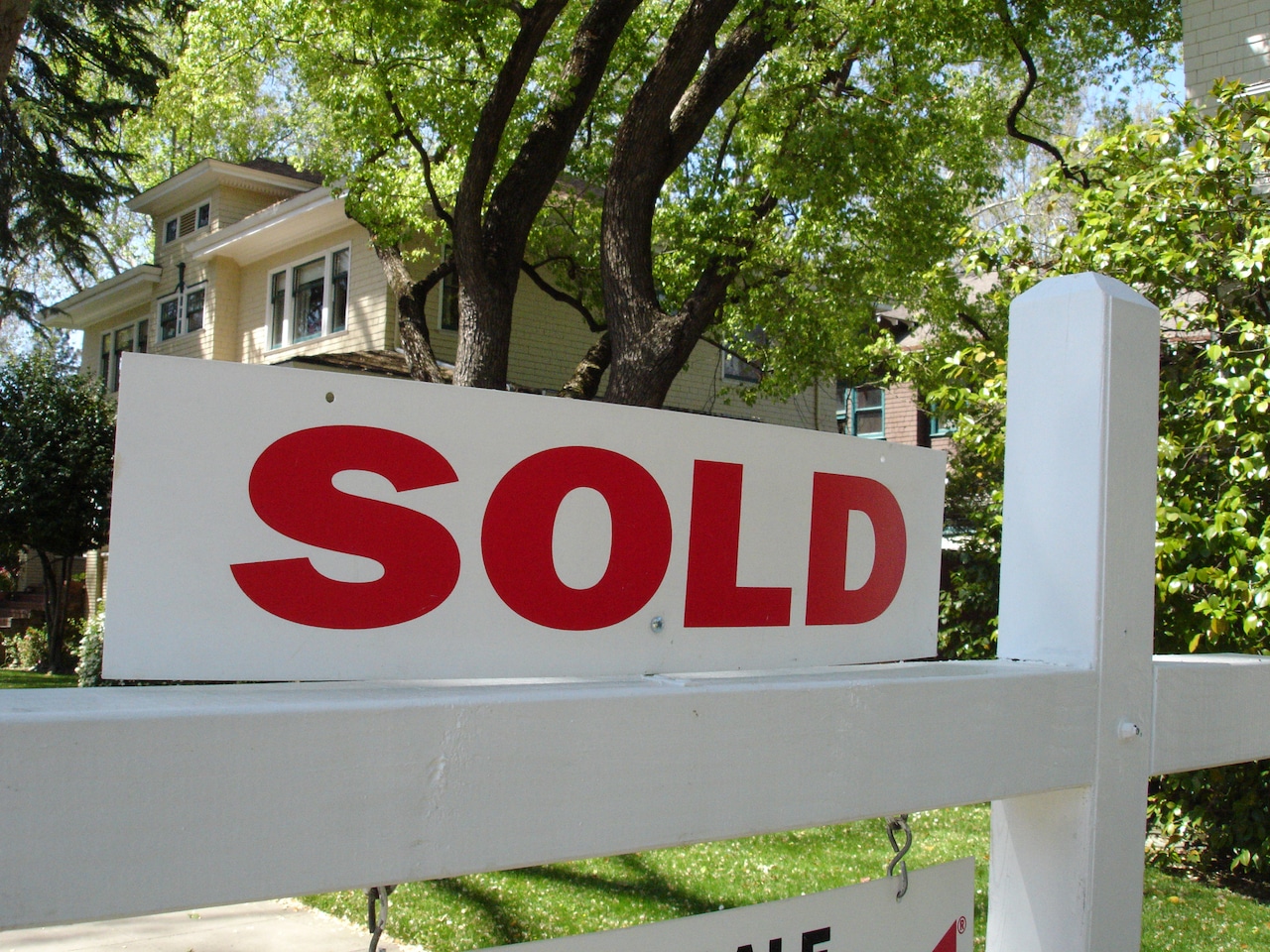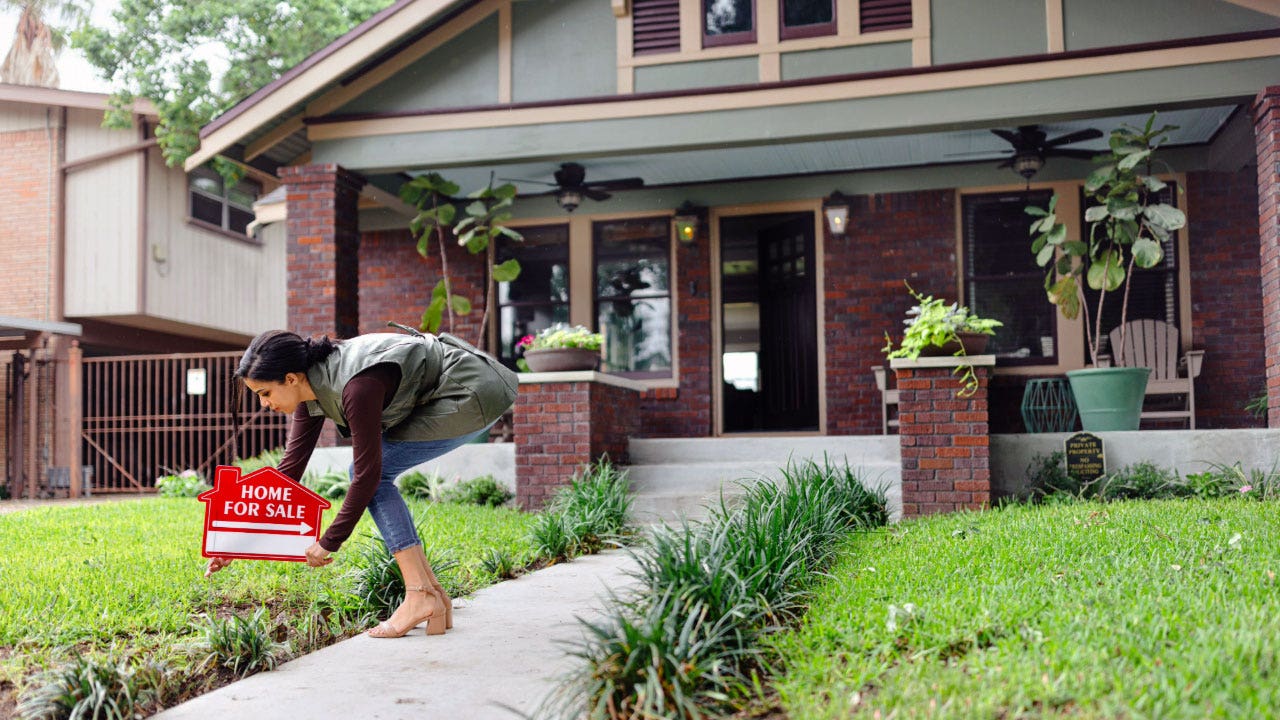T
he conventional wisdom is that building more homes will solve the problem of unaffordable housing, but this approach may not be enough. John Pasalis, president of Realosophy Realty Inc., suggests using taxation as a tool to address affordability. His report, The Great Sell Off: How Our Homes Became Someone Else's Business, proposes fresh thinking on how to make home ownership more affordable.
The current tax system favors investors over traditional buyers, contributing to the unaffordability crisis. Pasalis recommends increasing the minimum down payment for investment properties from 20% to 35%, taxing capital gains as regular income, and eliminating mortgage interest deductibility for investors. He argues that investor buying, not a lack of residential construction, is responsible for house prices soaring above incomes over the past two decades.
The Liberal government's plan to build almost 500,000 new homes a year may not lead to significant improvements in affordability, according to Pasalis. He believes that focusing on investors rather than traditional buyers would help deconstruct the concept of houses and condos as financial assets, making home ownership more accessible to younger generations.
Pasalis's ideas are bold, but they won't solve the problem overnight. Housing is a complex issue, and it's challenging to reverse the trend of rising prices once they've become unaffordable. However, his proposals may be worth considering as part of a broader strategy to address the housing crisis in Canada.













